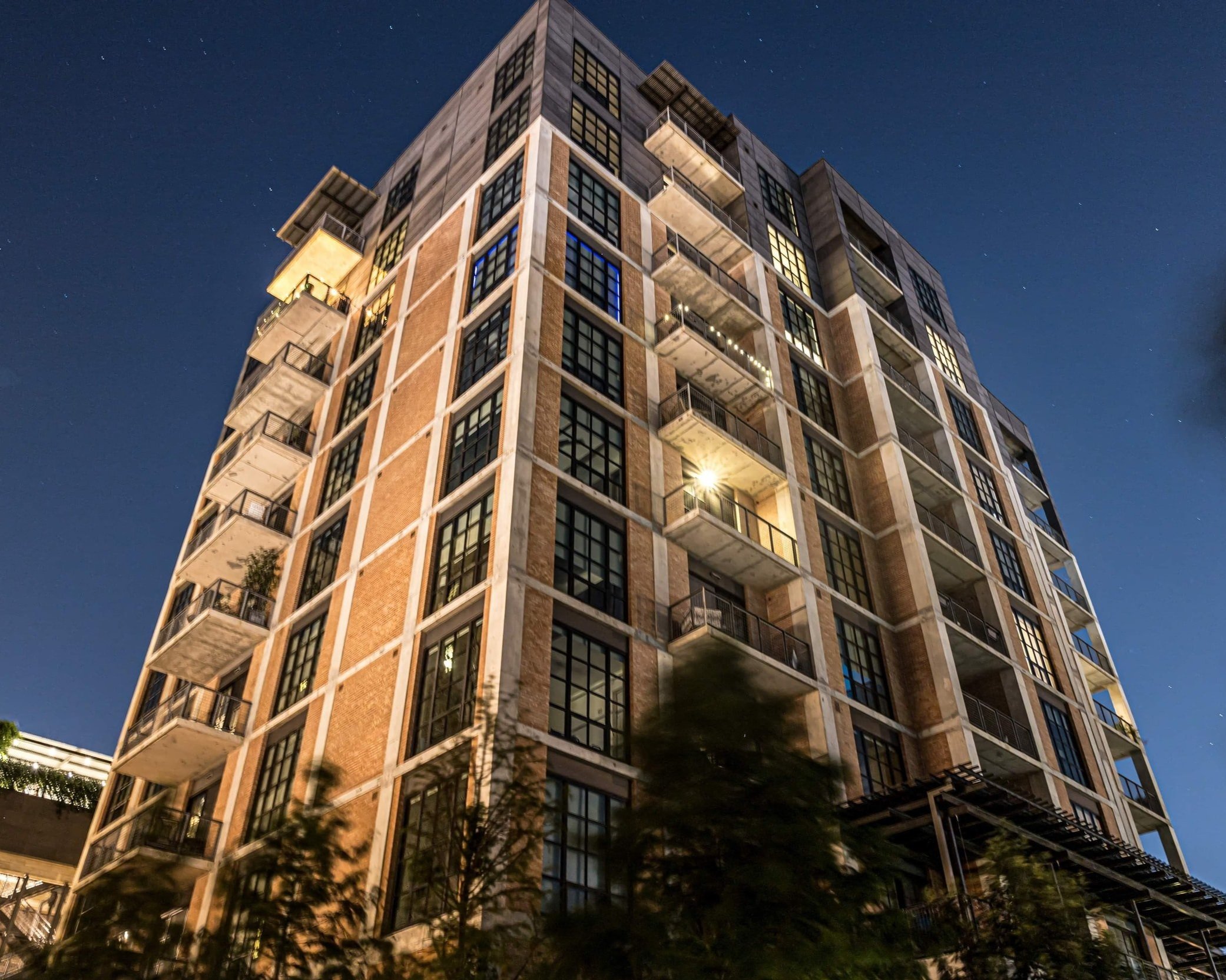Steering the Intricate Landscape of Compliance Guidelines for Network Security in Multi-Unit Units to Ensure Resident Security and Data Safeguarding
Wiki Article
In today's society, many individuals reside in multi-dwelling units, including flat buildings and condo communities. Such places often utilize common networks for online and additional services. Although this setup can be convenient, it also raises significant concerns about network safety and regulatory standards. Ensuring the security of residents and protecting their information is crucial. This article will explore the complex landscape of regulatory guidelines for network security in multi-unit units, emphasizing how these guidelines help keep residents secure and secure.
A of the primary compliance guidelines that pertain to network safety is the General Information Privacy Regulation (GDPR). This regulation is intended to protect individual data and privacy for persons within the EU Union. Although it mainly applies to companies operating in Europe, its principles can influence practices in other areas as also. For multi-unit units, adhering to GDPR means establishing strong information protection measures. This entails ensuring that tenants' personal information is collected, stored, and handled safely. By following these standards, property managers can assist build confidence with residents and guarantee their data is protected from unauthorized intrusion.

Another important standard is the Healthcare Insurance Portability and Responsibility Act (HIPAA), which protects confidential healthcare information in the healthcare sector. In multi-unit buildings, especially those that provide medical assistance or have residents with specific medical requirements, compliance with HIPAA is essential. This requires that any medical data collected from tenants must be kept confidential and secure. Building administrators must ensure that their network infrastructures are configured to avoid data breaches and illicit intrusion. By taking these steps, they not only comply with legal requirements but also foster a secure living environment for all tenants.
Alongside GDPR and HIPAA, the Credit Card Card Industry Information Protection Guidelines (PCI DSS) is a further vital compliance guideline. This guideline is especially relevant for multi-dwelling buildings that process debit card transactions for rent or services. PCI DSS outlines protection protocols that must be implemented to safeguard customer information. This includes encrypting sensitive information and frequently reviewing system safety. By following PCI DSS guidelines, property managers can reduce the risk of information breaches and safeguard tenants' monetary information, which is vital for maintaining their trust and safety.
Ultimately, it is crucial for multi-unit buildings to remain updated on local and federal regulations regarding network security. Laws and standards can change, and staying informed is essential for adherence. Building administrators should frequently assess their safety protocols and procedures to make Recommended Site sure they comply with up-to-date standards. This preventive strategy not only assists in upholding adherence but also improves the general safety of the network. By prioritizing resident safety and data safeguarding, multi-dwelling units can create a secure living environment that fosters trust and peace of mind among residents.
In conclusion, navigating the complex landscape of compliance guidelines for network security in multi-dwelling units is essential for ensuring resident safety and data protection. By understanding and implementing standards like GDPR, HIPAA, and PCI DSS, property managers can create a secure space for their tenants. Remaining updated about regional laws and frequently assessing safety practices further enhances this commitment to safety. Ultimately, a strong focus on compliance not only protects residents but also fosters a sense of community and trust within multi-dwelling buildings.